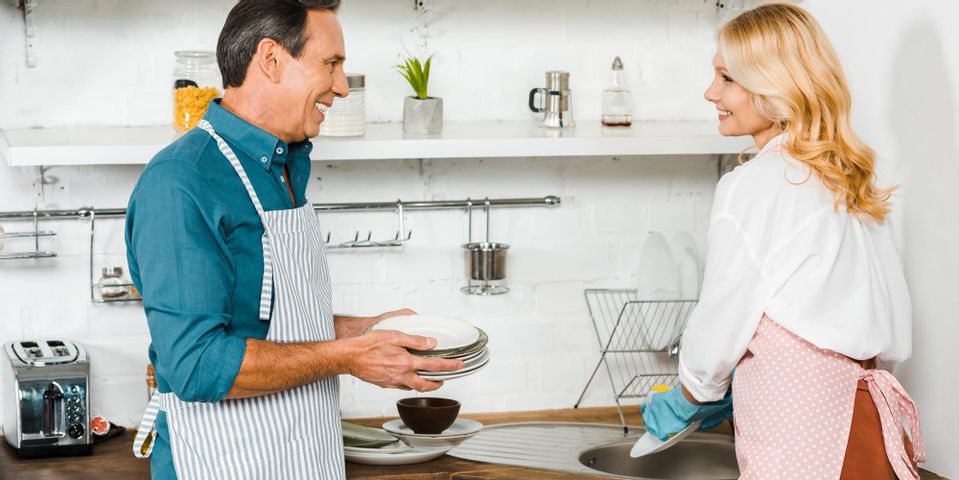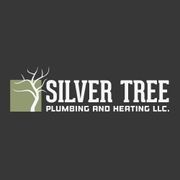
Clogged drains are an inevitable problem for many homeowners, and it’s easy to treat them lightly at first. If even minor ones aren’t addressed in a timely fashion, though, they can build into expensive headaches. Knowing what causes clogs in the first place can go a long way toward keeping your plumbing in optimal condition. Here’s a closer look at the most common culprits.
What Causes Drains to Clog?
1. Hair
Hair is possibly the most common source of drain clogs overall for bathroom tubs and sinks. Many people opt for using chemical drain cleaners that partially dissolve hair, but such chemicals are highly corrosive and can cause damage to your pipes as well as emit fumes that are dangerous to breathe.
The best solution to this problem is to use drain guards to catch debris and clean out any hair that still gets into the drain before it has time to accumulate. If too much builds up in your drain, it may take a professional to get your plumbing clear again.
2. Toiletries
Modern toilet paper is designed to break down quickly and thoroughly in water. However, most other toiletries swell in water and can become lodged at bends in the plumbing. Even items that are labeled as “flushable,” such as baby wipes, don’t break down quickly enough to be safely flushed away. For this reason, it’s recommended that only toilet paper and waste be flushed.
3. Food
 The kitchen sink is notorious for clogs from food waste, particularly if a garbage disposal is installed. While disposals are great for grinding up some softer food scraps, remember that your drain lines are designed primarily to carry liquids, not kitchen solids.
The kitchen sink is notorious for clogs from food waste, particularly if a garbage disposal is installed. While disposals are great for grinding up some softer food scraps, remember that your drain lines are designed primarily to carry liquids, not kitchen solids.
Any food scraps that won’t break down, such as cooking oils, coffee grounds, onion peels, or eggshells, should never be put through the drain—with or without a disposal. These substances will collect in the pipes and create a clog that will require a professional to clear.
4. Soap
This may seem strange at first, but the minerals in your water often combine with the oils and other components of soaps to create the scum you often find around the fittings on your faucets and drains. Soap scum builds up on the pipe walls, gradually constricting the space for wastewater to move through your plumbing.
5. Tree Roots
This common cause of clogs has nothing to do with what you put in your drains, but it has everything to do with what grows on your property. Some trees and shrubs can grow roots that extend a good distance under the ground. If there are any leaks in your underground plumbing, roots may be drawn to the water and slowly grow into your pipes, blocking the water flow and expanding the crack.
If you’re having clogging issues with your plumbing, call the professionals at Silver Tree Plumbing & Heating LLC in Mendota Heights, MN. Their experienced technicians offer reputable, reliable, 24/7 repair and installation services throughout the Twin Cities. Call them at (651) 319-4200 or visit their website for more information on their plumbers.
About the Business
Have a question? Ask the experts!
Send your question

